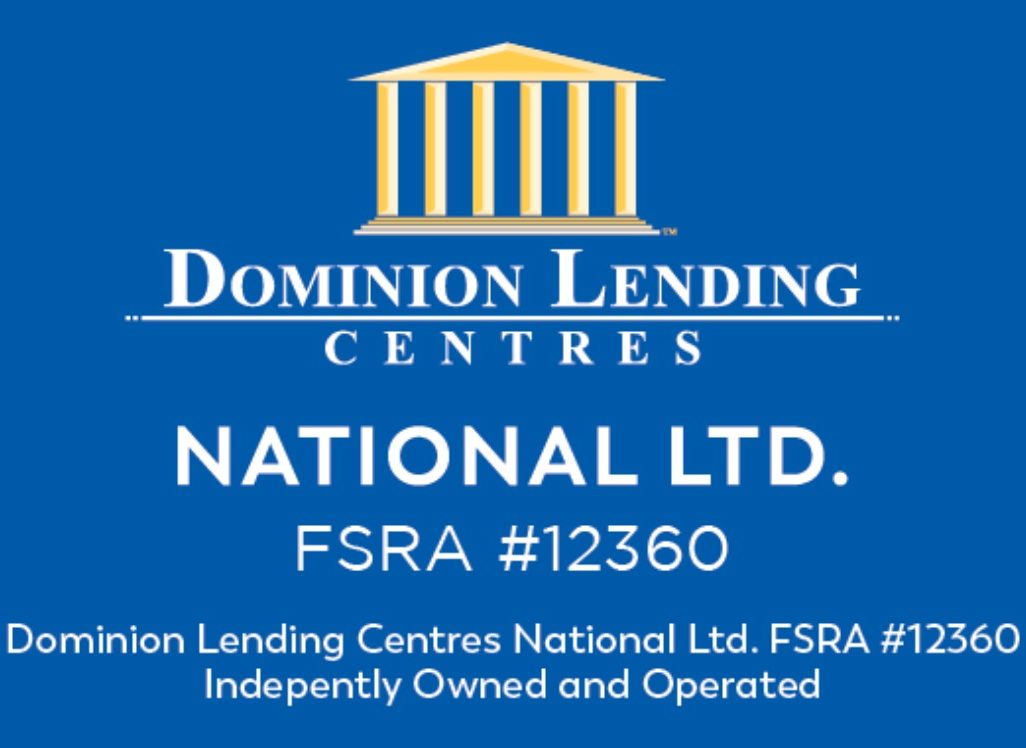Is the bank refusing to approve your mortgage? Perhaps you’re self-employed, have a checkered credit history, or simply require quicker financing for your next property. Whatever the case may be, private mortgage lenders in Canada might just be what you need.
In this article, we will discuss the various aspects of private mortgage lenders and cover how they function, their pros and cons, and who this alternative form of financing is best suited for. Let’s jump right in
What is a Private Lender?
Private mortgage lenders are individuals or businesses that extend mortgage loans without the intermediation of a bank or credit union. Private lenders place more importance on the value and equity of the property than the borrower’s credit score and income.
Here’s a quick recap:
Banks = Low rates, strict criteria
Private lenders = higher rates, flexible rules
Private mortgages tend to be short-term loans which last from six to 24 months, and they are often used as a financial bridge until qualifying for a traditional mortgage.
Categories of Private Mortgage Lenders in Canada
Private lenders differ from one another, here are some major key groups:
1. Individual Private Lenders
Wealthy people that lend out mortgages are called Individual Private Lenders. This group tends to be more flexible than others because they work on their own schedules.
2. Mortgage Investment Corporations (MICs)
A Mortgage Investment Corporation (MIC) is a federally regulated investment vehicle under the Income Tax Act of Canada. It pools money from multiple investors and uses that capital to fund private mortgages. MICs typically offer first and second mortgages, focusing more on the property’s value and equity than the borrower’s credit score. They are more structured and regulated compared to individual private lenders, making them a common choice for borrowers who need larger funding amounts but cannot qualify with banks or credit unions.
3. Private Lending Companies
Private lending companies are businesses (non-MIC) that specialize in offering alternative mortgage financing. Unlike MICs, which pool investor funds, these companies often lend directly from their own capital base or through institutional backers. They provide products such as first mortgages, second mortgages, bridge loans, and short-term financing solutions. Approval is generally faster and more flexible than traditional banks, with fewer requirements for income proof or credit history.
4. Mortgage Syndicates
A mortgage syndicate is a group of two or more private lenders who collectively fund a single large mortgage loan. Typically, a mortgage broker or administrator arranges the syndicate, allocating portions of the mortgage among investors. This structure allows individual lenders to participate in higher-value deals while spreading out risk. Mortgage syndicates are often used for commercial properties, construction projects, or high-value residential mortgages where a single private lender may not want to carry the entire loan.
Some of the most recognized private mortgage lenders and MICs in Canada include:
- Alpine Credits
- CMI (Canadian Mortgages Inc.)
- Capital Direct
- Alta West Capital
- Atrium MIC
A Lenders vs. B Lenders vs. Private Lenders: What’s the Difference?
When classifying lenders into categories, the following aspects need to be kept in mind such as:
A Lenders (Prime Lenders)
- Major banks and credit unions
- Best rates, strictest rules
- Require strong credit and stable income
- Monoline Lenders
B Lenders (Alternative Lenders)
- Trust companies, some credit unions
- More flexible than A lenders
- Accept lower credit scores, self-employed income, or higher debt ratios
- Slightly higher rates than A lenders
- Usually charge 1% lenders fee
Private Lenders
- Individuals, MICs, or companies
- Focus on property value, not the credit
- Highest rates, most flexible approval
- Short-term solutions
Quick Table:
| Lender Type | Credit Needed | Income Proof | Rates | Term Length |
| A Lender | High | Strict | Lowest | Up to 5 years |
| B Lender | Moderate | Flexible | Mid-range | 1-5 years |
| Private Lender | Low | Minimal | Highest | 6-24 months |
Pros and cons of a private mortgage lenders.
Benefits of Private Mortgage Lenders
– Get it faster, get funded in days
– Self employed? Poor credit? No problem with flexibility
– Unique properties even when banks wont finance.
Drawbacks of Private Mortgage Lenders
- Higher Interest Rates – Private mortgages typically carry rates between 7% and 15% (or more), significantly higher than bank or credit union lending.
- Additional Fees – Borrowers often pay lender and broker fees (usually 1–3% of the loan amount), which add to the overall cost.
- Short-Term Nature – Most private mortgages are 6–24 months, designed as temporary financing. Borrowers must refinance, sell, or transition to an A or B lender once the term ends.
- Costly if Extended – While useful in the short term, relying on private lending for too long can become financially unsustainable, as repeated renewals increase interest and fees over time.
Who Should Consider Using a Private Mortgage Lender?
While private mortgages are not suitable for everyone, they do unlock a world of possibilities in certain specific scenarios. You might think of a private lender if you:
Have slow repayment history or recent bankruptcy
Are self-employed with varied income sources
Require quick funds for debt consolidation or a sensitive purchase
Wish to buy or refinance an unconventional property
Are a newcomer to Canada and have no credit history
Need interim financing between buying and selling homes
Tip: Always have a plan to refinance with a bank or sell the home before the private mortgage term ends.
Private Mortgage Lender – Questions Gained Most Popular Attention
Q: What’s the required down payment for private mortgages?
A: Most private lenders require a minimum 20-35% equity stake in the property.
Q: Approval process duration?
A: You can receive it under 24-72 hours which is way quicker than banks.
Q: Are private mortgages secure?
A: Yes, as long you deal with credible lenders and understand the conditions. Always check the fine print and speak with a mortgage professional.
Q: Can private mortgages be paid off early?
A: Many have no set repayment date, meaning early repayment is possible, but some may have penalties. Always verify your contract.
Q: What resultant activities occur after the term is over?
A: You are responsible for payment or renewing with the current Lender. The expectation is refinancing your mortgage with A side or B side.
Final Thoughts: Is A Private Mortgage Suitable For You?
In Canada, Private Mortgage Lenders offer accessible financing to those who do not fit into the traditional Bank criteria. Though, they come with a higher cost. Nevertheless, if you have a clear plan, these lenders can be a smart solution in the short to mid-term.
What other options would you like to explore?
Speak to a licensed mortgage broker that focuses on private lending. They will assist you in evaluating private lender deals by explaining the risks and finding the most convenient one tailored to your requirements.

